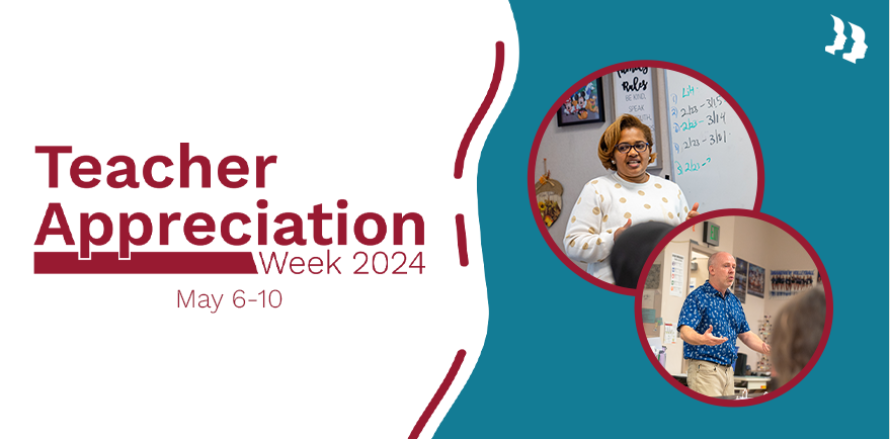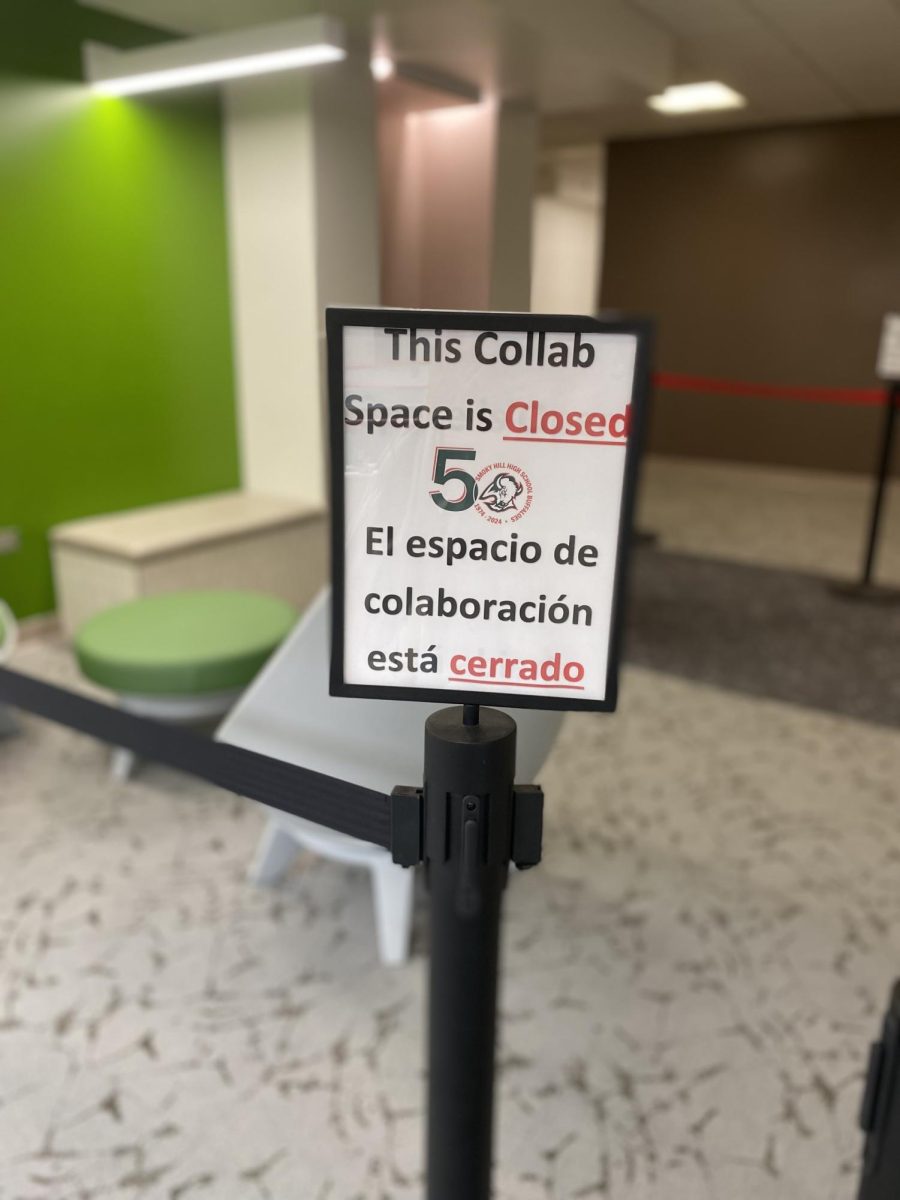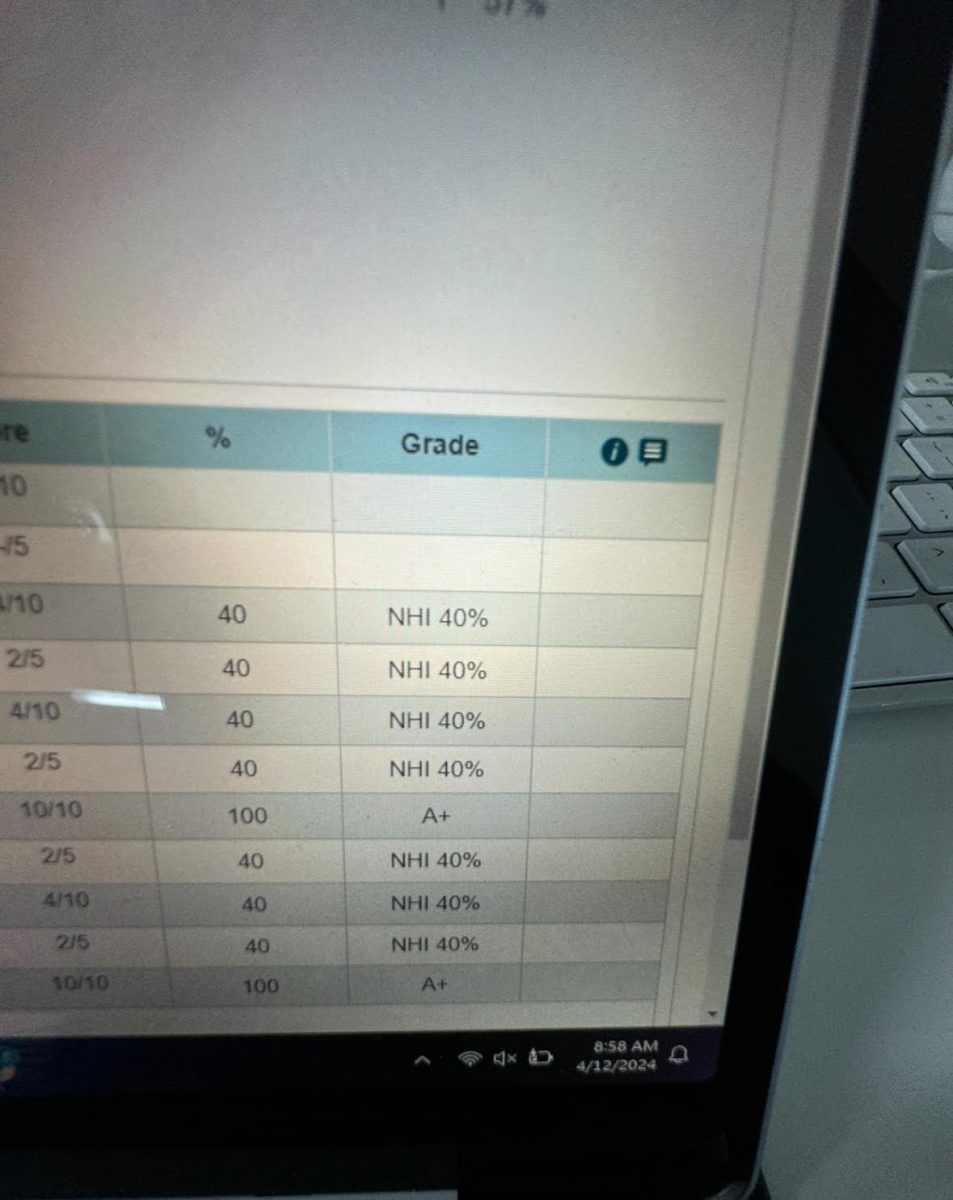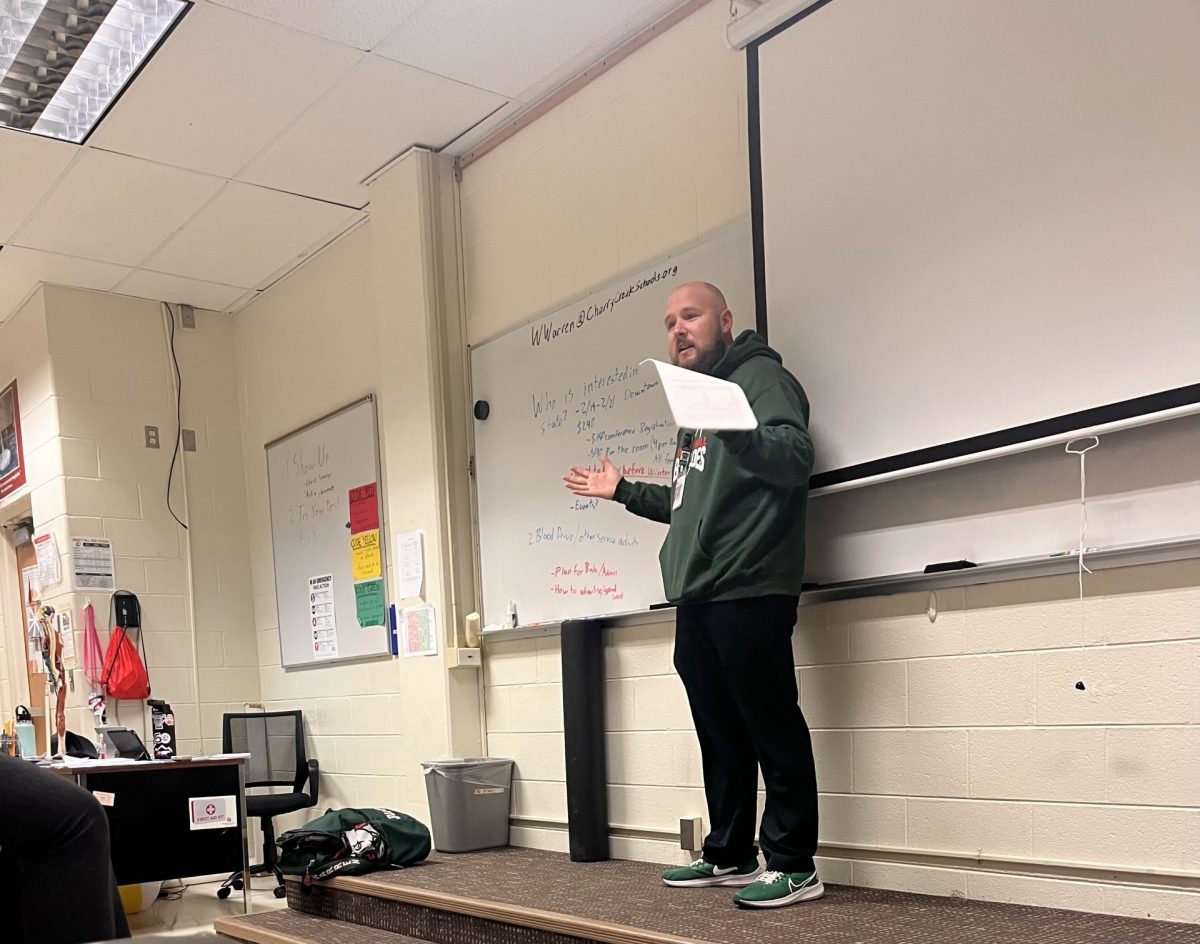Wearing a Mask
Divorce can affect a student in many ways
September 17, 2015
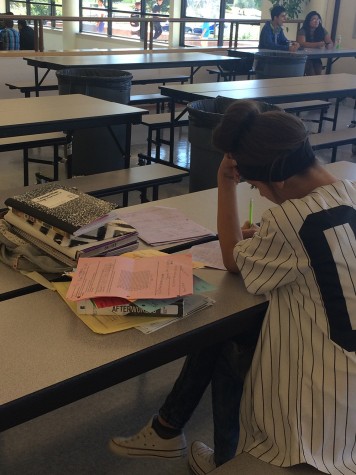 According to bridgew.edu, in the United States, over 50 percent of marriages end in divorce. Children whose parents have been through a divorce are more likely to develop depression as well as difficulties in school. Many students have been exposed to divorce, and junior Ashley Sheaffer is one of them.
According to bridgew.edu, in the United States, over 50 percent of marriages end in divorce. Children whose parents have been through a divorce are more likely to develop depression as well as difficulties in school. Many students have been exposed to divorce, and junior Ashley Sheaffer is one of them.
As divorce rates grow each year, it has now become even more prevalent with children that have been involved in the relationship. Bridgew.edu also explains how maintaining relationships can be a difficult thing when children and students feel as though they are caught in the middle. “The divorce was difficult especially because they still fight,” Sheaffer said. “I am the mediator to tell them when to calm down and walk away,” Sheaffer said.
According to Bridgew.edu, as students age and watch their parents argue, their perception of what is okay and what is not okay is altered, especially their attitude and their ability to learn when to walk away from a situation. Also, if the relationship between student’s parents becomes unstable, the student’s academic abilities and behavior is affected.
According to bridgew.edu, students that have experienced divorce are more susceptible to experiencing depression, withdrawal, and questionable behavior in school. This is common with students that constantly move from household to household each week. “It was really difficult because you would forget something at someone’s house, and then you would have to keep on going back and forth,” Sheaffer said. “It is hard keeping track of all your school work, and stuff like that.”
The constant disorganization of transporting materials from house to house can cause the student to begin a withdrawal from school. This leads to a lack of understanding and participation in class.
Although divorce can harm students academically, it can also allow them to become a stronger person, socially and emotionally. It can provide them with the knowledge to learn right from wrong as well as provide them with the ability to find and use their own voice in situations. Just because majority of divorces are risen because of irreconcilable differences, doesn’t mean they all are. Infidelity, finances, emotional or physical abuse, parenting issues, and addiction are multiple different reasons of divorce, and all have different effects on students and their education.
Divorce or separation in a household can cause both academic disadvantages and conflict in future relationships both in and out of school. Sheaffer talked about how her parents divorce has given her with “trust issues,” but she also explains how divorce has had a positive outlook for her future relationships. “[The divorce] makes me want a better relationships than my parents did, and to never want to get a divorce, because I know how hard it was for me and my siblings,” Sheaffer said.

